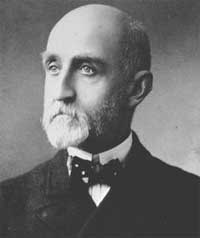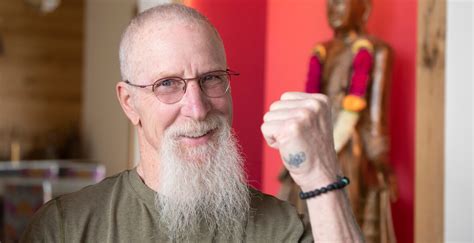A Quote by Ulysses S. Grant
The distant rear of an army engaged in battle is not the best place from which to judge correctly what is going on in front.
Related Quotes
Everything becomes agitated. Ideas quick-march into motion like battalions of a grand army to its legendary fighting ground, and the battle rages. Memories charge in, bright flags on high; the cavalry of metaphor deploys with a magnificent gallop; the artillery of logic rushes up with clattering wagons and cartridges; on imagination's orders, sharpshooters sight and fire; forms and shapes and characters rear up; the paper is spread with ink - for the nightly labor begins and ends with torrents of this black water, as a battle opens and concludes with black powder.
Let us do our duty in our shop or our kitchen, in the market, the street, the office, the school, the home, just as faithfully as if we stood in the front rank of some great battle, and knew that victory for mankind depended on our bravery, strength, and skill. When we do that, the humblest of us will be serving in that great army which achieves the welfare of the world.
It seems that certain transcendental realities emit rays to which the masses are sensitive. That is how, for example, when an event takes place, when at the front an army is in danger, or defeated, or victorious, the rather obscure news which the cultivated man does not quite understand, excite in the masses an emotion which surprises him and in which, once the experts have informed him of the actual military situation, he recognizes the populace's perception of that "aura" surrounding great events and visible for hundreds of kilometers.
































